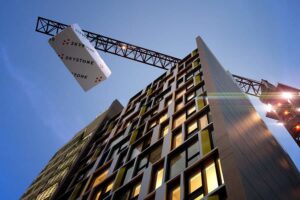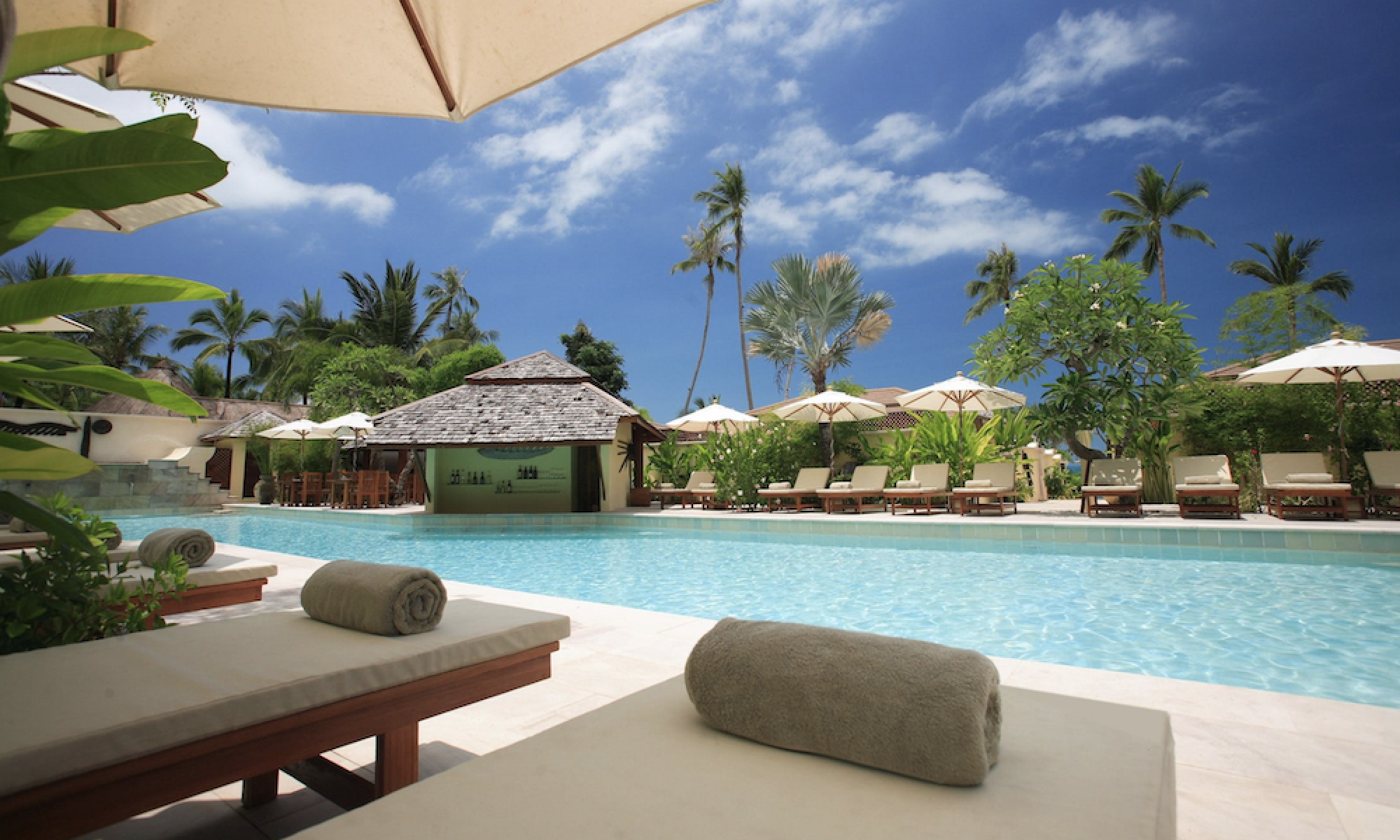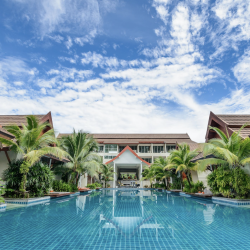
The hospitality industry has always been known for its ability to adapt and innovate. From the earliest inns and taverns to today’s luxurious resorts, hotels have continuously evolved to meet the changing needs and desires of travelers. In this age of rapid technological advancements and shifting consumer preferences, the question arises: Should hotels consider incorporating prefab retail buildings into their operations? In this article, we will delve into the concept of prefab retail buildings and explore the reasons why hotels should give serious thought to embracing this innovative approach to hospitality.
The Rise of Prefabricated Construction
The concept of prefab construction has been gaining momentum in recent years, with more industries recognizing its numerous benefits. Prefabricated buildings are structures manufactured off-site, often in factories, and then transported to the construction site for assembly. This construction method has proven to be efficient, cost-effective, and environmentally friendly. As a result, it has gained popularity in sectors such as residential housing, commercial spaces, and even hospitals.
The Evolving Demands of Modern Travelers
Today’s travelers are not just looking for a place to stay; they seek unique experiences that cater to their preferences and lifestyle. This shift in consumer expectations has led hotels to explore various strategies, from sustainable practices to cutting-edge technology integration, to enhance their guests’ experience.
The Prefab Retail Building Advantage
Now, let’s explore how prefab retail buildings can benefit hotels:
Speed of Construction
One of the most significant advantages of prefab construction is the speed at which buildings can be erected. Traditional construction methods often involve lengthy timelines, causing delays in opening or renovating hotels. Prefabricated retail buildings, on the other hand, can be manufactured and assembled in a fraction of the time, allowing hotels to adapt quickly to market demand or changing guest preferences.
Cost Efficiency
Prefab construction can be more cost-efficient than traditional building methods. The controlled environment of a factory reduces the risk of weather-related setbacks and material waste, leading to cost savings. For hotels looking to maximize their ROI, this is a compelling factor.
Customization and Versatility
Prefab retail buildings offer a high degree of customization. Hotels can design these structures to seamlessly blend with their existing architecture or create distinctive, eye-catching additions that enhance their brand identity. Whether it’s a trendy rooftop bar, a spa facility, or a retail outlet, prefab structures can be tailored to fit the specific needs of the hotel and its guests.
Sustainability and Eco-Friendliness
As sustainability becomes an increasingly important consideration for travelers, hotels are seeking ways to reduce their environmental footprint. Prefabricated construction often involves the use of eco-friendly materials, energy-efficient designs, and reduced waste generation. Incorporating prefab retail buildings can help hotels showcase their commitment to sustainability.
Diversification of Revenue Streams
Hotels are continuously exploring new avenues for revenue generation beyond room bookings. Prefab retail buildings can serve as standalone spaces for various purposes, such as:
- Boutiques and shops selling local products and souvenirs.
- Restaurants and cafes offering unique dining experiences.
- Event spaces for conferences, weddings, and other gatherings.
- Wellness and spa facilities to pamper guests.
- Co-working spaces for business travelers seeking a productive environment.
By diversifying their offerings, hotels can tap into additional revenue streams and create a more comprehensive guest experience.
Enhancing Guest Experience
Incorporating a prefab retail building can significantly enhance the overall guest experience. These structures can house amenities and services that guests value, making their stay more enjoyable and memorable. For instance:
- A rooftop bar with panoramic views can provide a picturesque backdrop for guests to unwind.
- A well-designed spa facility can offer relaxation and rejuvenation.
- A curated retail store can introduce travelers to local culture and craftsmanship.
- Co-working spaces can cater to business travelers’ needs, promoting productivity.
By enriching the guest experience, hotels can build stronger customer loyalty and positive word-of-mouth marketing.
Future-Proofing Against Uncertainties
The hospitality industry is no stranger to disruptions, whether caused by economic downturns, natural disasters, or health crises like the COVID-19 pandemic. Prefab retail buildings can offer a degree of flexibility and adaptability that traditional structures cannot. In times of reduced occupancy or changing market conditions, hotels can repurpose these structures for different uses or even move them to a different location, ensuring a higher level of business resilience.
Conclusion
In the ever-evolving world of hospitality, hotels must consider innovative strategies to stay competitive and meet the changing expectations of modern travelers. Prefab retail buildings represent a compelling opportunity for hotels to enhance their offerings, improve cost-efficiency, and cater to sustainability-conscious guests. With benefits ranging from speed of construction and cost savings to enhanced guest experiences and diversification of revenue streams, prefab retail buildings are a trend that hotels should seriously consider.
As hotels seek to future-proof their operations and remain resilient in the face of uncertainties, the versatility and adaptability of prefab retail buildings make them a valuable addition to the industry. By embracing this innovative construction method, hotels can not only meet the demands of today’s travelers but also position themselves for long-term success in the dynamic world of hospitality. It’s time for the hotel industry to explore the potential of prefab retail buildings and unlock new opportunities for growth and innovation.

